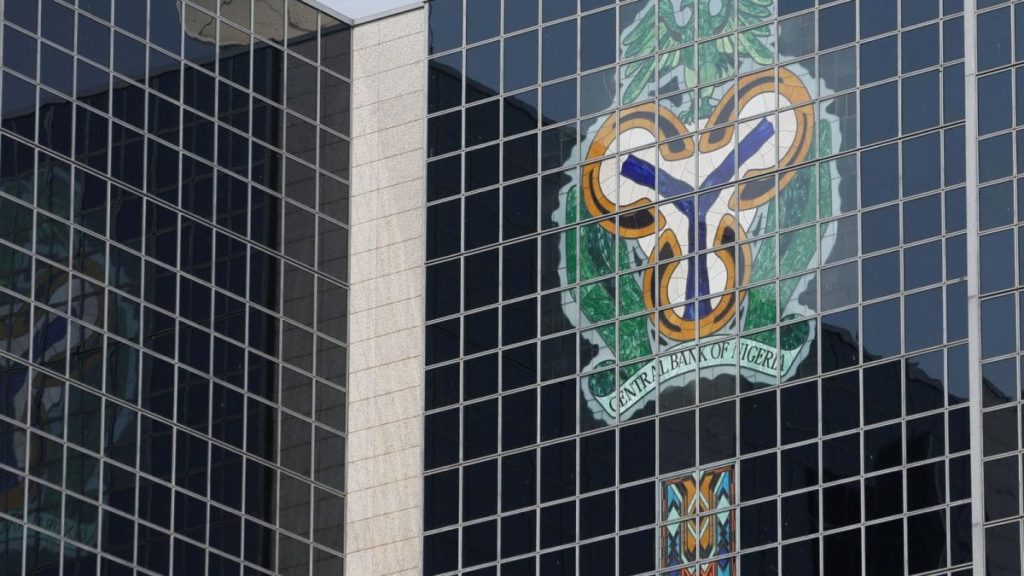The President of the Association of Bureau De Change of Nigeria, Aminu Gwadebe, has said that members of the association would consider mergers if the proposed guidelines for their operations go into effect.
The Central Bank of Nigeria, in a draft paper titled ‘Revised Regulatory And Supervisory Guidelines For Bureau De Change Operations In Nigeria’ on Friday, proposed an increase in the share capital of Bureau De Change operators to N2bn and N500m for Tier 1 and Tier 2 licences, respectively.
The currency operators were previously charged N35m for a general licence.
Also, the apex bank would be mandating BDC license holders to make caution deposits of N200m and N50m for Tier 1 and Tier 2, respectively.
Speaking with The PUNCH, Gwadebe, said, “Definitely, that is why we are asking for the general license hold, where during that period of consolidation, no new licenses should be issued. They should allow the old licenses to come together and form those mega, consolidated operations in cash sale and ownership structure.”
According to the ABCON president, the proposed cautionary deposit is not global practice neither are BDCs engaging in deposit-taking operations.
He said, “There are some absolute figures that we are going to review and give our recommendation on those figures because they are high and, in some places, they are not even existent. If you are talking about cautionary deposits, there is nowhere in the world where a bureau de change is made to pay a cautionary deposit.
“Cautionary deposit is not a global practice. Even if that should happen, they should look at it. We are not deposit-takers like banks, where if a bank collapses, the depositors will have a fallback. We don’t have that risk.
“I understand that there may be some infractions with some BDCs but to put that amount is extremely high and it is not even a global practice.”
Gwadebe further stated that ABCON’s over 5,000 members across the country would be meeting first at the zonal level, and then a committee would be set up to deliberate and come up with the industry’s stance on the CBN’s proposals.
“This is the first time that the central bank will share a draft framework for the BDC subsector for their input. Most times, we are not carried along, and our input is not respected. So, we commend the central bank for sharing the draft. It is not cast in stone, so our members should be calm.
“It’s just like when you had microfinance bank consolidation. It took them a while, a whole of lot inputs were generated, and a lot of things were reviewed. So, reform is a dynamic thing; it is a continuous process. It has been done in the banking industry and it will continue to be done in the banking industry. It is all about reforms and we embrace reforms,” he enunciated.
Gwadebe added that ABCON’s members would be looking at the Tier 1 and Tier 2 BDCs licenses and other aspects of the proposed guidelines.
“I’m happy that it is a draft and not cast in stone. They expect stakeholders’ contribution, critique and review. We are engaging them. They have given us time to call our stakeholders’ meeting to decide on our views, observations, recommendations and complaints and forward them to them as our industry position.
“Based on that, each zone is mandated to call a general meeting of its members and come up with a position. After that, a committee will be created that will look at those recommendations from the zones and come up with what we will forward to the Central Bank of Nigeria,” he added.
In chats with The PUNCH, some BDC operators had begun moves to raise fresh capital to bolster their respective capital base to align with the proposed guidelines.
A currency trader operating in Abuja, Ibrahim Yahu, told our correspondent on Sunday that many businesses may find it difficult to raise the stipulated amount, stressing merger would likely be a solution to meet the CBN requirement.
He said, “The proposed law on Bureau de Change will affect our business. How do you expect me to raise N2bn within the shortest time possible? Our business has suffered this time and we are only trying to survive.
“However, the regulation is a good thing because it will help our economy. Some of our operators can recapitalise but some don’t have the money.
“It will also regulate the market so that not everyone will be able to enter the market although we may have to merge our businesses. It will also eliminate street trading; those guys have affected our business because they also cheat us.”
Another BDC operator at Wuse Zone 4, Abuja, Demola Muyiwa stated, “I think everything is too early but there is nothing off the table now. Some of our operators are capable of raising that money. But to be sincere, most of us cannot raise that amount. It just depends on the capacity of each individual.
“Some of us may have to borrow or take a loan from relatives or business associates. But I tell you that it would be very difficult. Of course, another option is that businesses may merge as part of a potential business strategy.
“On the positive side, the regulation will help our business and chase out unauthorised persons. We don’t have any issues now, but we are waiting for the implementation while we are also getting prepared.”
Speaking further, Gwadebe revealed that ahead of the proposed guidelines, the apex bank was working on modalities to re-allow BDCs to operate legally in Nigeria.
The CBN had banned the operations of BDCs since July 2001, as part of measures to stabilise the local currency.
Gwadebe said, “The good news is that the CBN has reconsidered the BDCs even before the final consolidation to at least bring them back.
“The modalities are being worked on and business will start on or before Wednesday. These revised guidelines are for the long-term plan but the immediate plan is for the CBN to come back to intervene in our sub-sector through whatever window that we will know the modalities by tomorrow morning (Monday).”
Meanwhile, financial analyst, Segun Aremu, expressed concerns that the move of the apex bank would only help the Nigerian currency in the short to medium term.


